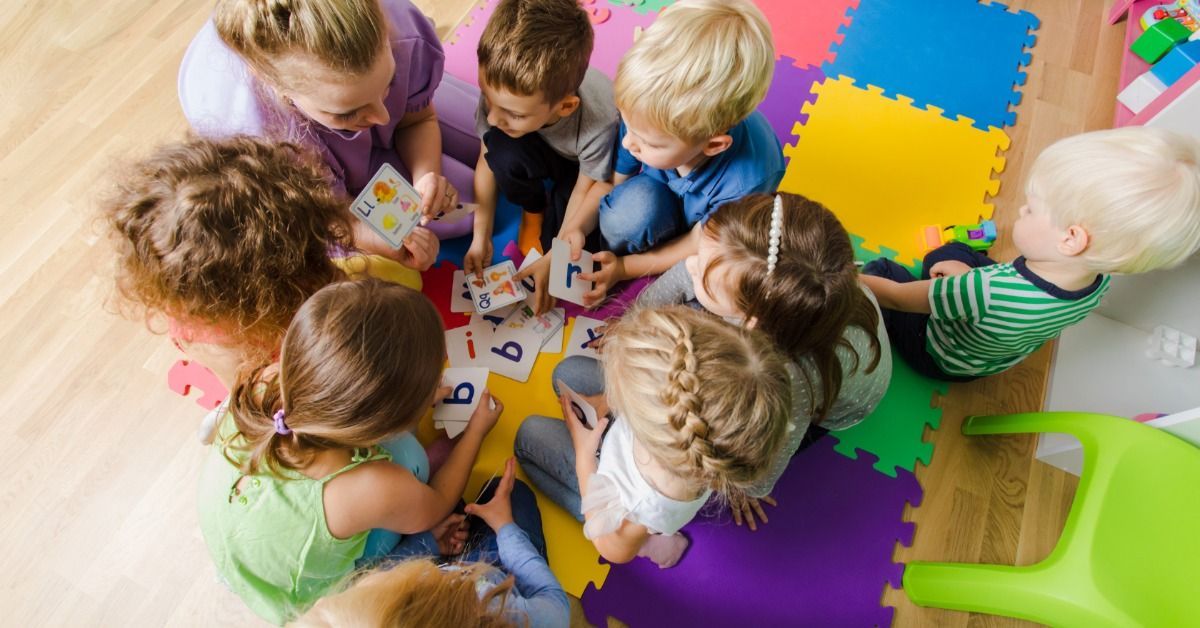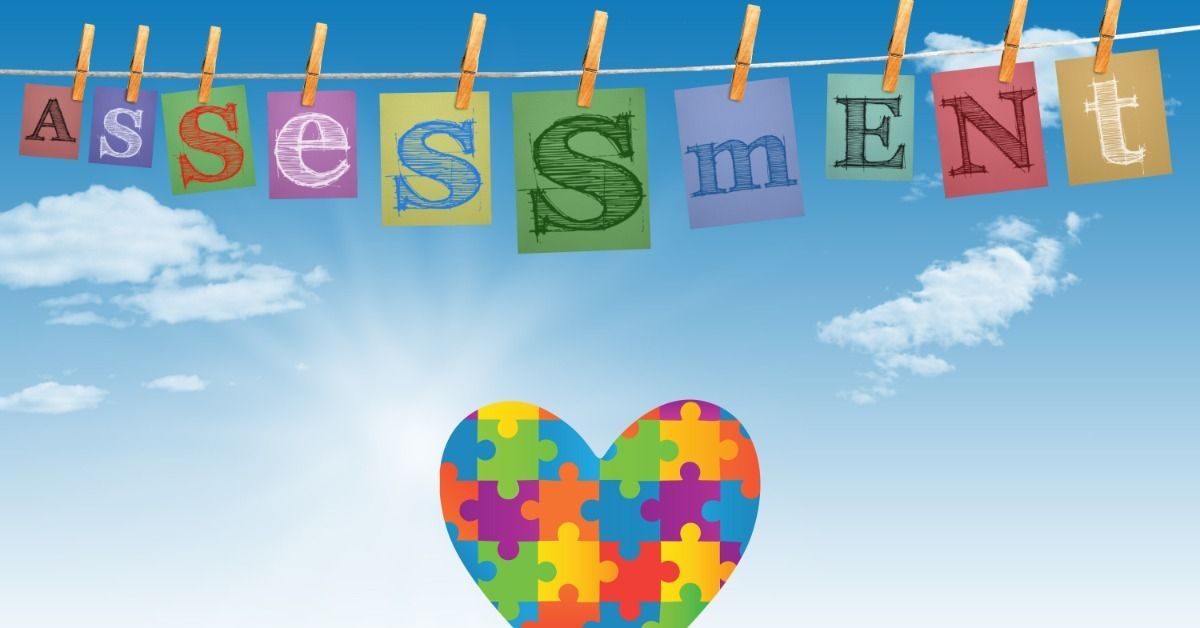Tips for Helping Kids With Nonverbal Autism Communicate
Teaching communication skills to children with nonverbal autism can be a challenging but rewarding experience. Parents and caregivers can unlock the door to their child’s communication potential with the right strategies and resources.
Understanding their unique needs and embracing creativity can support your child’s growth and development. Here are five tips to help your child with nonverbal autism communicate more effectively.
Embrace Visual Aids
Putting visuals to work is an excellent strategy for promoting communication in children with nonverbal autism. Visual aids can provide a more tangible means of expression. A few examples of tools that can help your child understand concepts and convey their needs include
- Picture cards
- Charts
- Short videos
- Drawings
- Visible schedules
Use Alternative Communication Systems
Communication can be a challenge, but incorporating different systems can make a huge difference. Sign language, augmented and alternative communication (AAC) devices, or a simple communication board can all be effective tools. The key is finding what works best for your child. Providing them with options and supporting their efforts can drastically improve their ability to express themselves and interact with others.
Pro Tip
Try out different systems, and don’t be afraid to get creative! Your child’s communication needs may change over time, so stay open to trying new things.
Foster Social Skills Through Play
Playtime is the perfect opportunity to experiment with communication and foster social skills. Cooperative activities and games can help your child understand the importance of turn-taking, sharing, and teamwork. Play can also create a safe space for practicing nonverbal cues like facial expressions and body language, allowing your child to become more in tune with the emotions of others.
Use ABA Therapy
Another way to help your child with nonverbal autism communicate better is by enrolling them in ABA therapy, a well-established and evidence-based therapy. With tailored programs that target communication and social skills, a structured environment, and a team of highly trained professionals, therapists can offer your child the support they need to succeed. So if you’re seeking extra help, center-based ABA therapy is the way to go.
Be Patient and Celebrate Progress
Developing communication skills is a lifelong journey; every child will progress at their own pace. Patience, understanding, and encouragement are essential to your child’s communication development. Every new word, gesture, or expression they learn is a victory, and celebrating these successes can be motivating.
With just a little patience and motivation, that extra effort you put in can show in the long run. Imagine how rewarding it’ll feel when your child can express themselves better and understand what’s happening around them! If you’re ever looking to take your child’s therapy a step further, you can set up an appointment at our autism therapy center in North Carolina, which specializes in helping children with autism improve their development skills.






